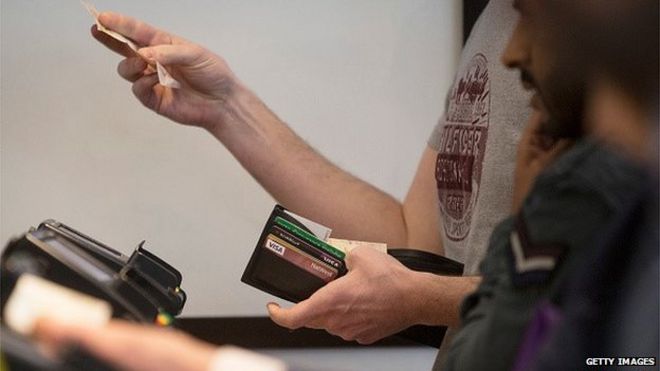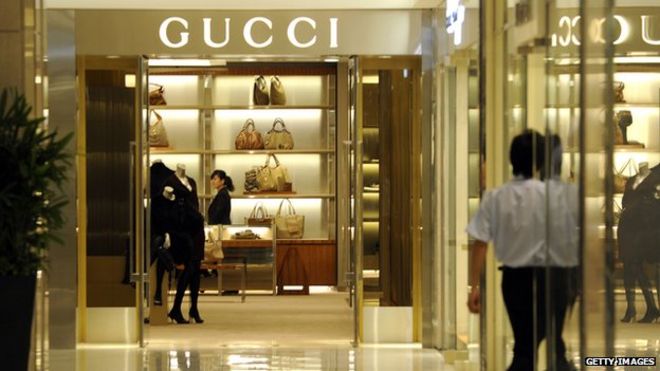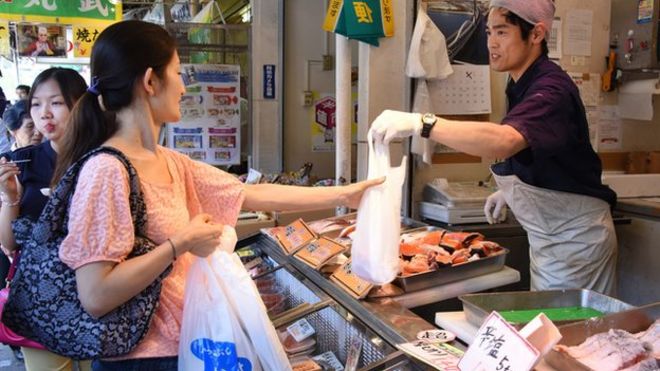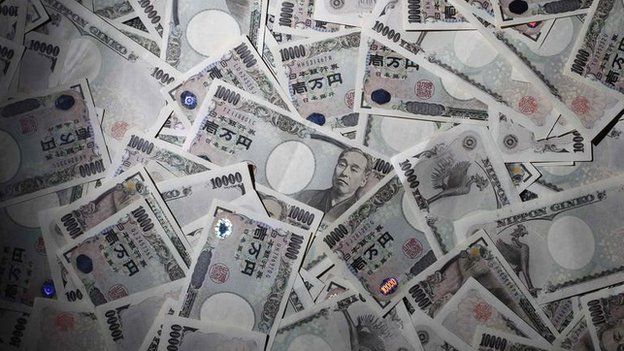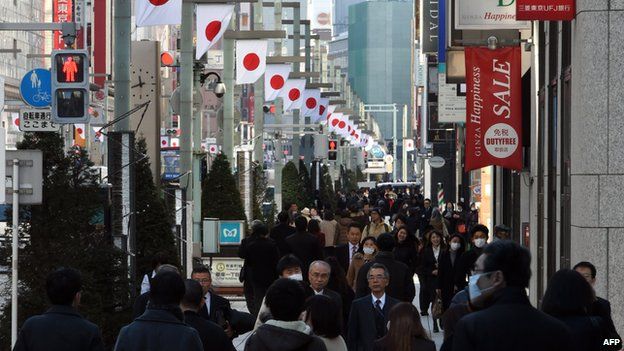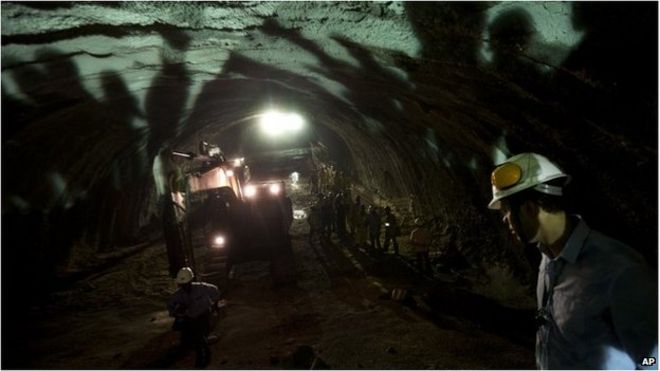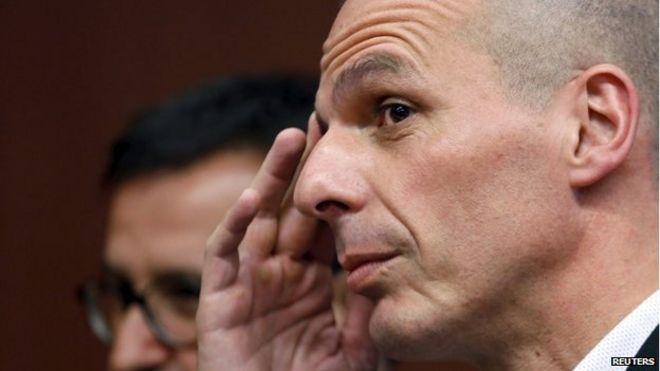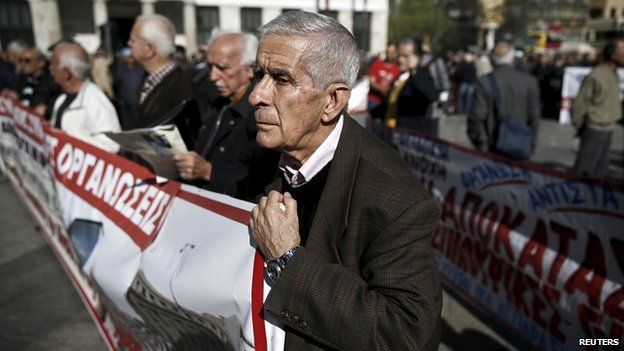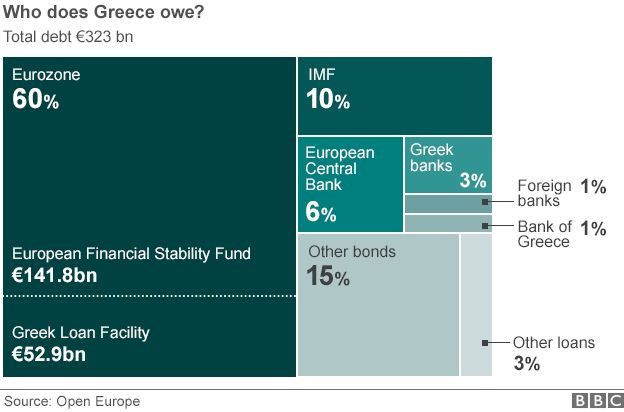Speculators are losing faith in the oil rally, judging that OPEC will keep increasing supply from the highest level since 2012.
Their net-long position in West Texas Intermediate crude dropped 2.1 percent, as long wagers fell the most in two months and short bets declined to the lowest since August, U.S. Commodity Futures Trading Commission data show.
OPEC’s push to defend its share of the global oil market has just begun and its members may further increase production, the International Energy Agency said May 13. Saudi Arabia said it boosted output to the highest level in at least three decades. Oil explorers in the U.S. reduced the rig count last week by the least since December, diminishing the probability that supply will contract.
“Until we see some real tightening of supply the market is going to be vulnerable to a pullback,” Gene McGillian, a senior analyst at Tradition Energy in Stamford, Connecticut, said by phone May 15. Only “once we get evidence that the fundamentals are changing will prices be able to move higher,” he said.
Prices collapsed 46 percent last year as Saudi Arabia led the Organization of Petroleum Exporting Countries in maintaining production rather than cede market share to booming U.S. supply. The group has become more unified about keeping its output target because prices are now rising, Kuwaiti Oil Minister Ali Al-Omair said May 12. Ministers from the 12-member group are scheduled to meet in Vienna on June 5.
Higher Production
“We’ll be in a market where both U.S. production will go up and OPEC,” Pierre Andurand, chairman of Andurand Capital Management, said in a Bloomberg Television interview May 14. “It’s going to be difficult for prices to go much higher in the short term.”
Futures advanced 35 cents to $60.75 a barrel on the New York Mercantile Exchange in the period covered by the CFTC report. WTI for June delivery rose 12 cents to $59.81 in electronic trading at 11:28 a.m. Singapore time Monday.
Global crude oil supply was a “staggering” 3.2 million barrels a day higher in April than a year earlier, the IEA said in a report. OPEC production rose by 160,000 barrels a day in April to 31.21 million, the most since September 2012, according to the monthly report from the Paris-based agency.
A record drop in rigs drilling for oil helped send WTI above $62 a barrel on May 6. U.S. drillers have cut the number of operating rigs for 23 weeks to the lowest level in more than five years, according to Baker Hughes Inc. Last week’s drop of 8 rigs was the smallest decline since the week ended Dec. 5.
U.S. crude production averaged 9.37 million barrels a day in the week ended May 8 after reaching 9.42 million in the week to March 20, the most in Energy Information Administration data since at least January 1983.
Rig Count
“It’s pretty amazing that we’ve been able to maintain production at these levels after the rig count has fallen more than 50 percent,” Kyle Cooper, director of research at IAF Advisors in Houston, said by phone May 15. “This is evidence of the operational efficiency in the exploration and production sector.”
The net-long position in WTI slipped from a nine-month high to 262,575 futures and options. Shorts dropped 17 percent to 52,973 and longs fell to 315,548.
In other markets, net bullish bets on gasoline declined 4 percent to 23,963. Futures dropped 1.2 percent to $2.0393 a gallon on the Nymex in the reporting period.
The U.S. average retail price of regular gasoline advanced 0.3 cent to $2.702 a gallon May 16, the highest level since Dec. 4, according to AAA, the nation’s biggest motoring group.
Diesel Positions
Net bearish wagers on U.S. ultra low sulfur diesel decreased 3.9 percent to 8,094 contracts, the least since August. The fuel slipped 0.8 percent to $1.9989 a gallon.
Net-short wagers on U.S. natural gas fell 37 percent to 45,710. The measure includes an index of four contracts adjusted to futures equivalents. Nymex natural gas climbed 4.2 percent to $2.897 per million British thermal units during the report week.
Rising tensions over conflicts in the Middle East are pitting Saudi Arabia and other Sunni Arab nations against Shiite Iran. Saudi Arabia declared the start of a five-day humanitarian halt in its bombing campaign against Shiite rebels in Yemen on May 12, yet clashes persisted in southern parts of the country.
Relations between the U.S. and Saudi Arabia have been strained as the U.S. and other world powers seek a deal to limit Iran’s nuclear capabilities.
“Any headline about Saudi Arabia has the potential to upset the market,” Cooper said. “The situation is the region is more dangerous than usual now.




